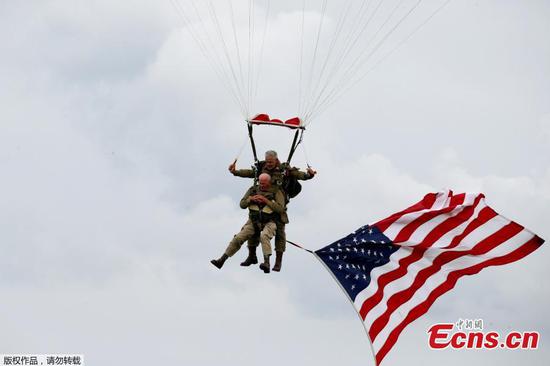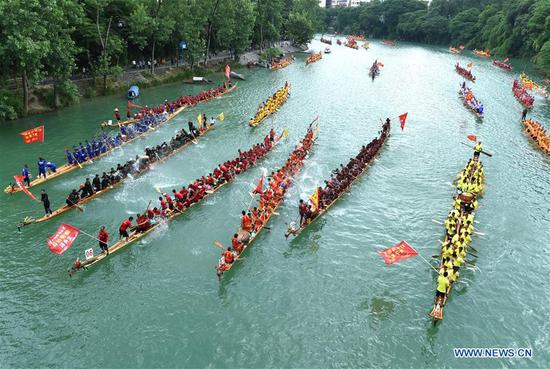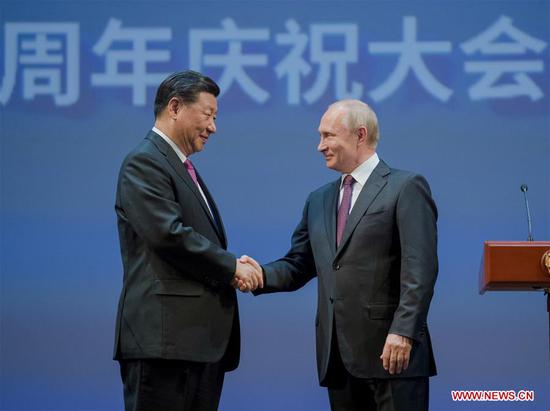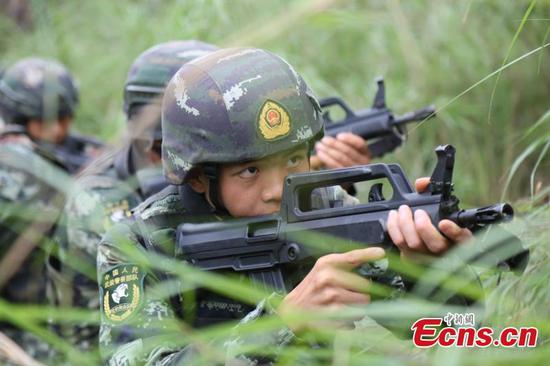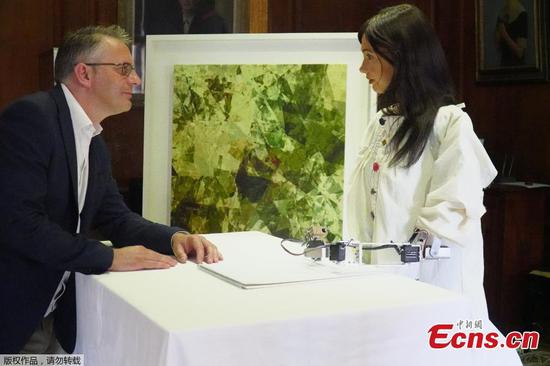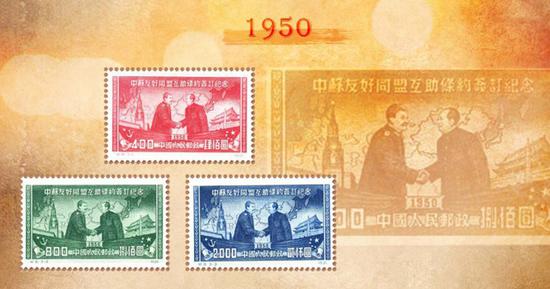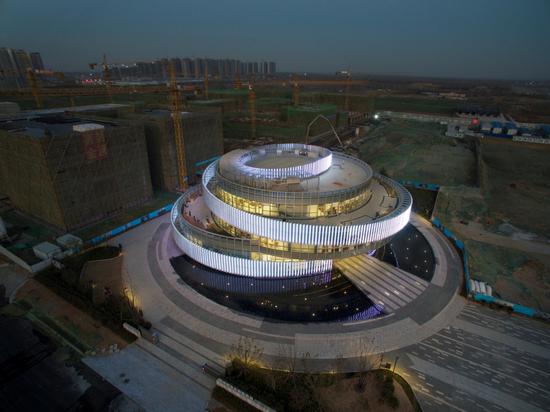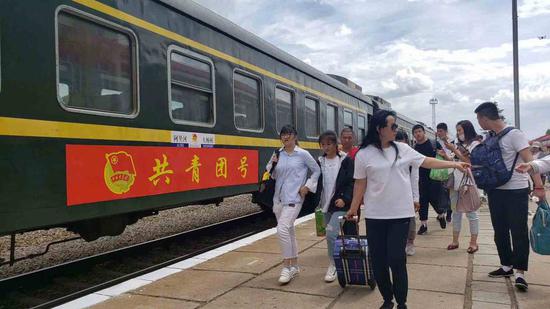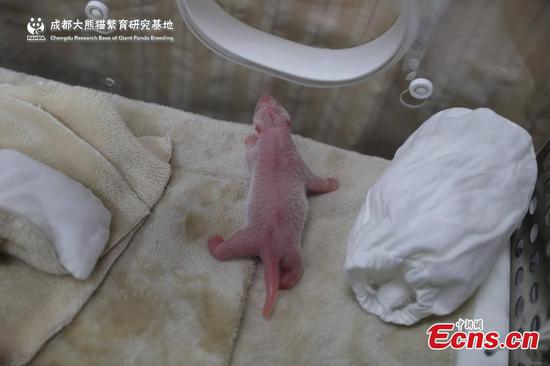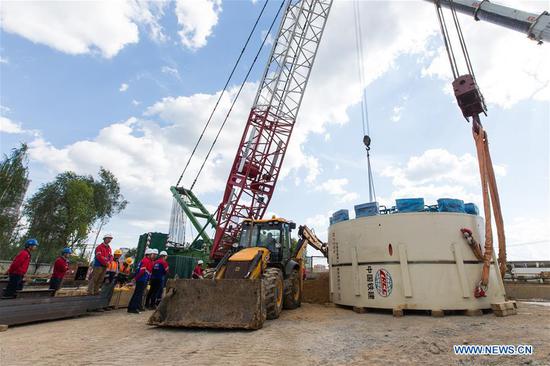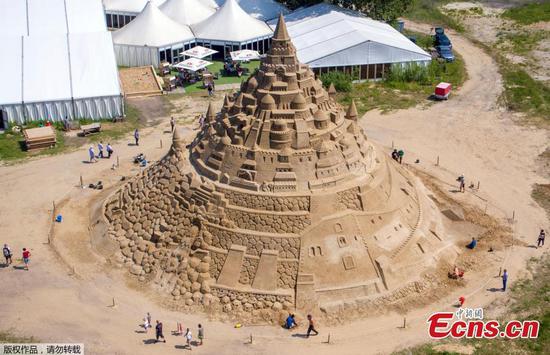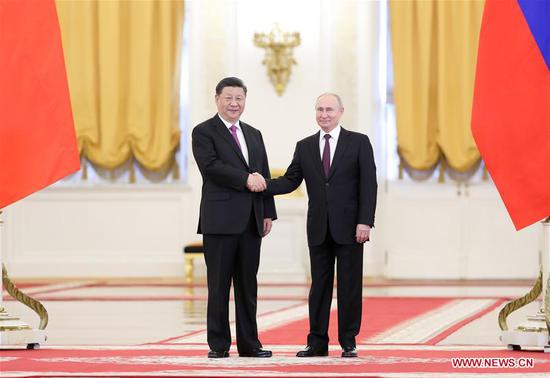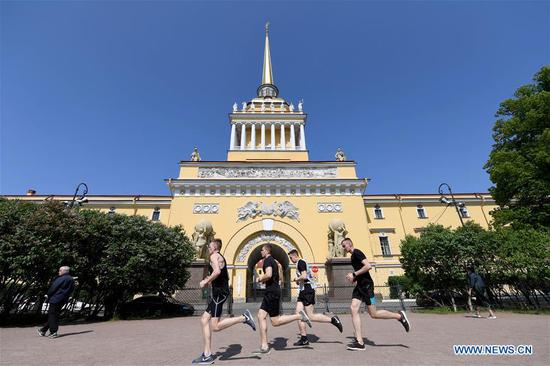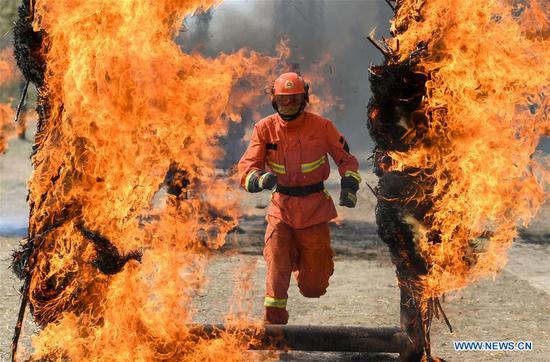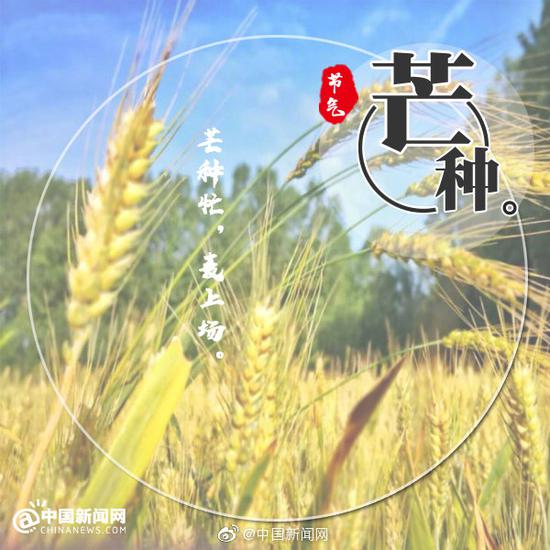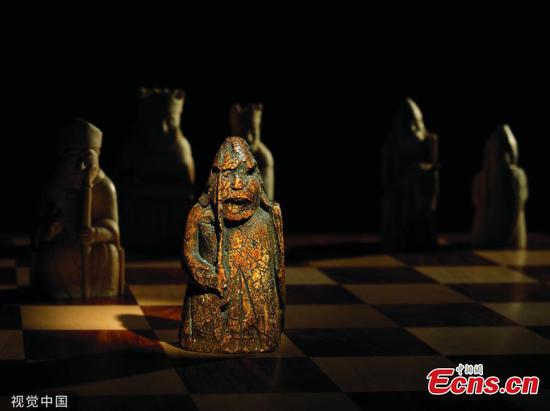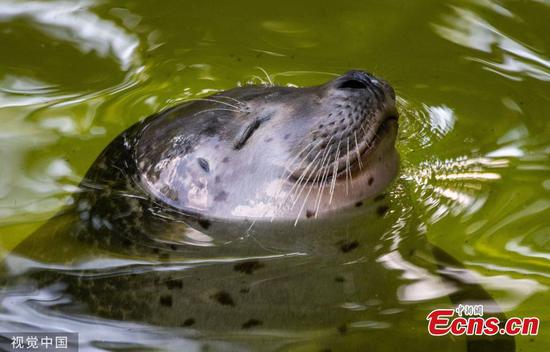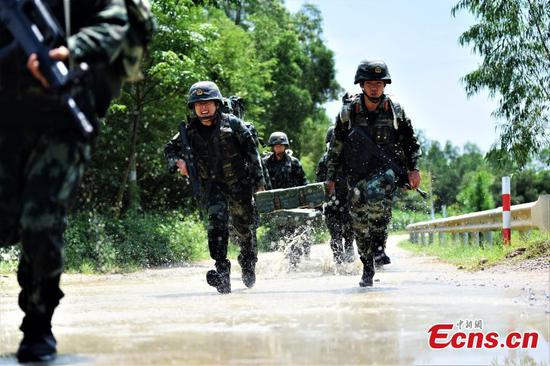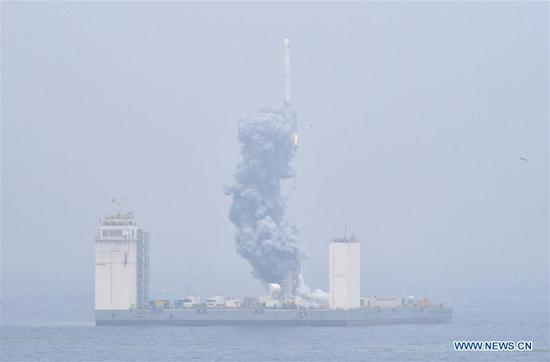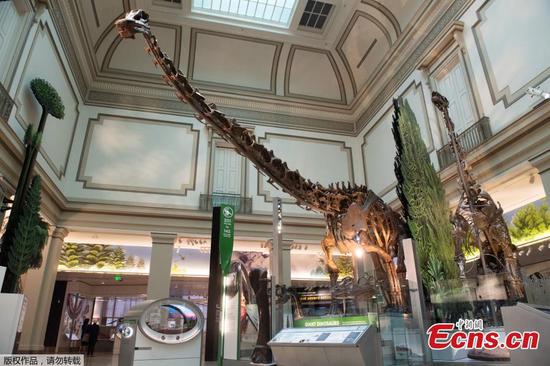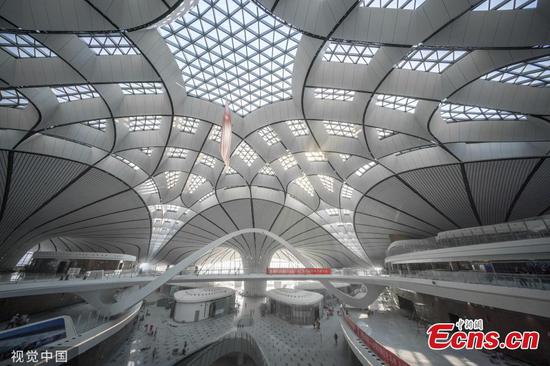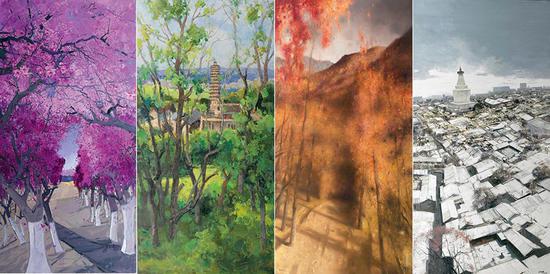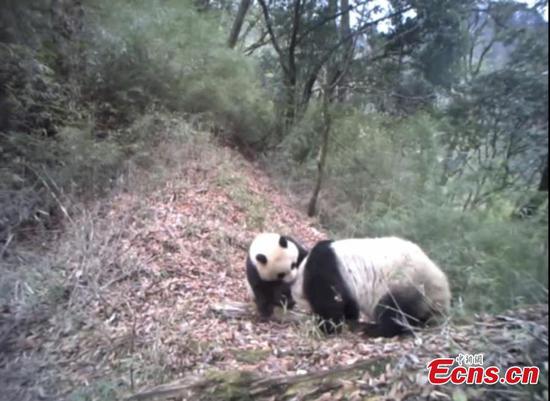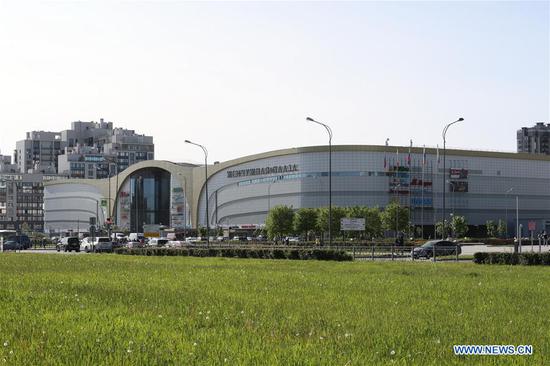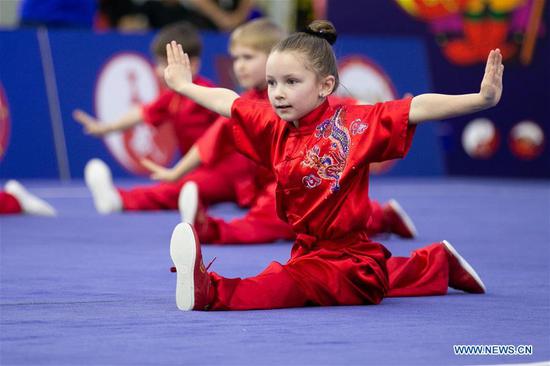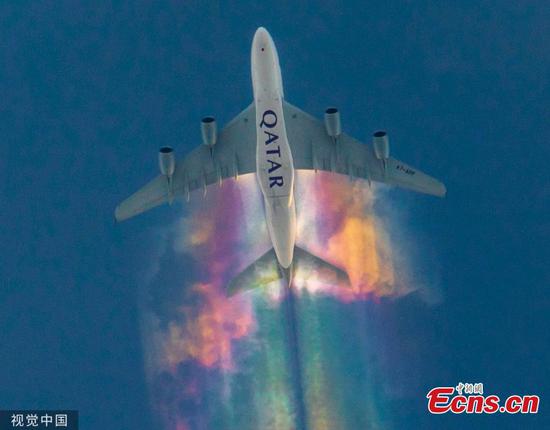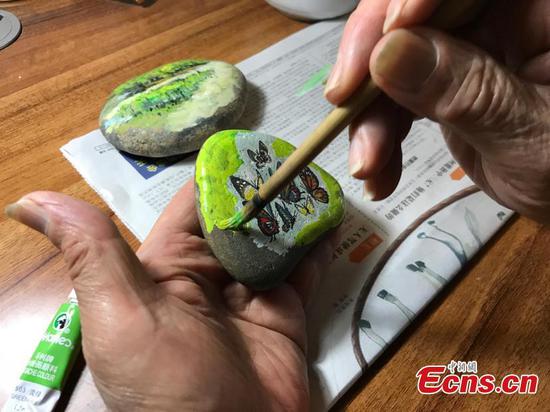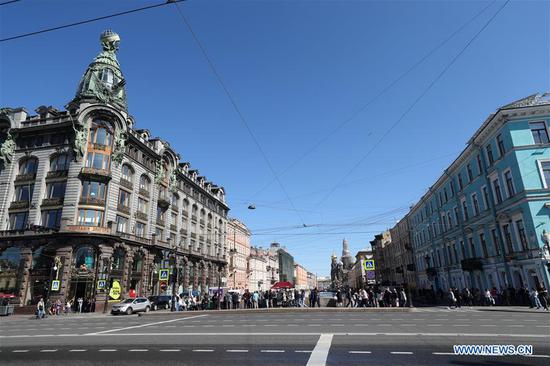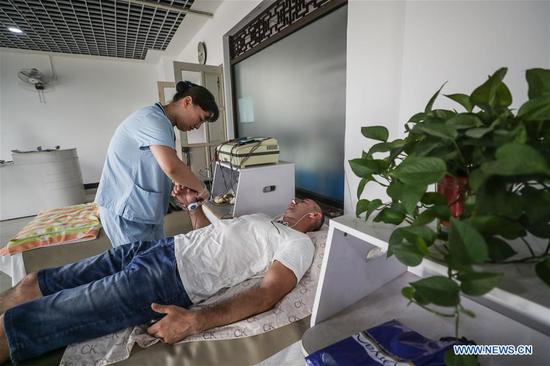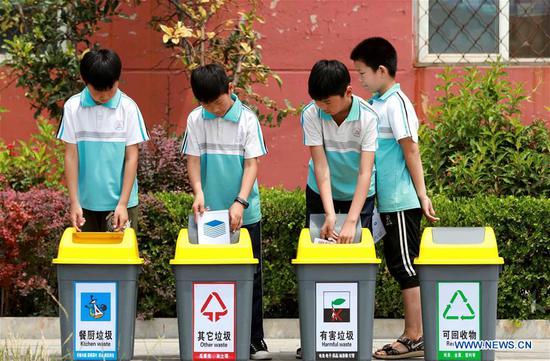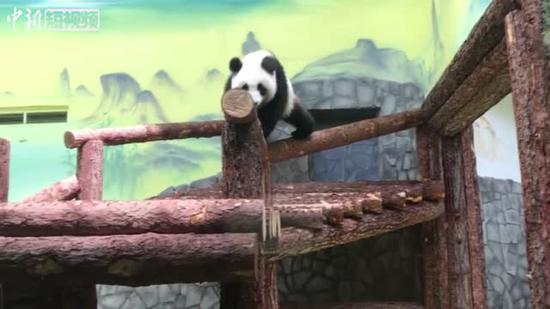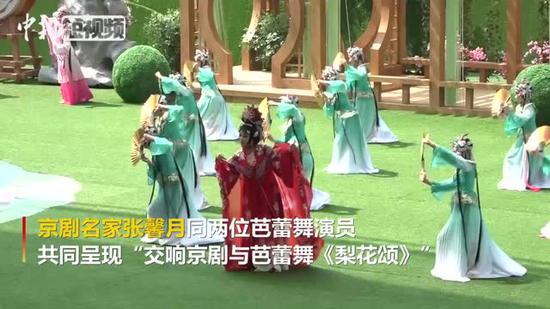Education system targets innovation in core subjects
China's national college entrance examinations, known as the gaokao and also known for its toughness and which determines millions of young people's destinies every year, concluded on Saturday, showing the country's determination to nurture creative talent.
As usual, the examination questions have become a hot talking point on Chinese social media, but this time the discussion centered on their creativity by merging the arts and sciences and by their philosophical thinking, although some viewed them as adding more difficulty to the already arduous test.
For instance, in the national math test paper, examinees found a cloud-shaped curve on a coordinate axis. The "cloud" was composed of three arcs, and the question was to figure out the polar coordinates equation of a circle.
In order to ensure the fairness of talent selection, China's Ministry of Education has been using three different sets of college entrance examinations to students in different provinces since 2016.
"I was confused when I saw that cloud in the national math test, it was really unexpected," one Weibo user posted. "The 'cloud' was new, but not that difficult," said another.
There was an attempt to merge the arts and sciences in the national math paper, as one question asked students to calculate a man's height by using the golden ratio of the Venus de Milo.
"If someone meets the golden ratio, with legs of 105 centimeters long and a distance of 26 centimeters from the top of his head to the bottom of his neck, what is his height?" said the question.
In addition to the literature and art elements in mathematics, philosophical thinking appeared in the Chinese language exam in East China's Jiangsu Province. The province issues its own gaokao papers.
"All things have their own nature. Water tastes light, while salt is salty. If you add water to water it is still water, if you add salt to salt, it is still salt. Sour, sweet, bitter, spicy and salty, those five tastes coexist in harmony, so do human beings." Jiangsu students were asked to compose an essay based on their understanding of the words above.
"The trend this year shows an interdisciplinary approach, which pays more attention to what you have learned," Xiong Bingqi, deputy director of the Shanghai-based 21st Century Education Research Institute, told the Global Times.
Innovation and the ability to analyze problems is the future direction of the gaokao, as such questions help enrich students' knowledge and strengthen the education of basic disciplines, Xiong said.
Hi-tech future
Every year at the end of June and the beginning of July, gaokao students complete their application forms for college or university. The People's Daily on Sunday released a list of some popular science majors this year.
Unlike previous years when finance, management and insurance were regarded as the most promising career choices, majors in hi-tech fields such as automation, computer science, artificial intelligence (AI) and microelectronics topped the discussion this year.
The high-tech wave started in 2018, when the Ministry of Education (MOE) issued its AI innovation action plan for universities, aiming at supporting the development of skilled personnel in AI.
A statement released by the MOE said 38 universities in the Chinese mainland have established AI colleges. Meanwhile, 101 universities were allowed to set up robot engineering, and 203 universities offer data science and big data technology majors.
Zheng Ruoling, a professor at Xiamen University's Institute of Education in Fujian Province, said that independence and innovation in core science and technology is the aim of China's education system, as "it allows us to be more active in conflicts."
"What we need most today are people skilled in manufacturing and high technology. It is a great pity that children were not guided to pay attention to these industries before… We will continue to focus on studies in high technology and basic theory, which are the main engines to make our country stronger," Zheng said.









